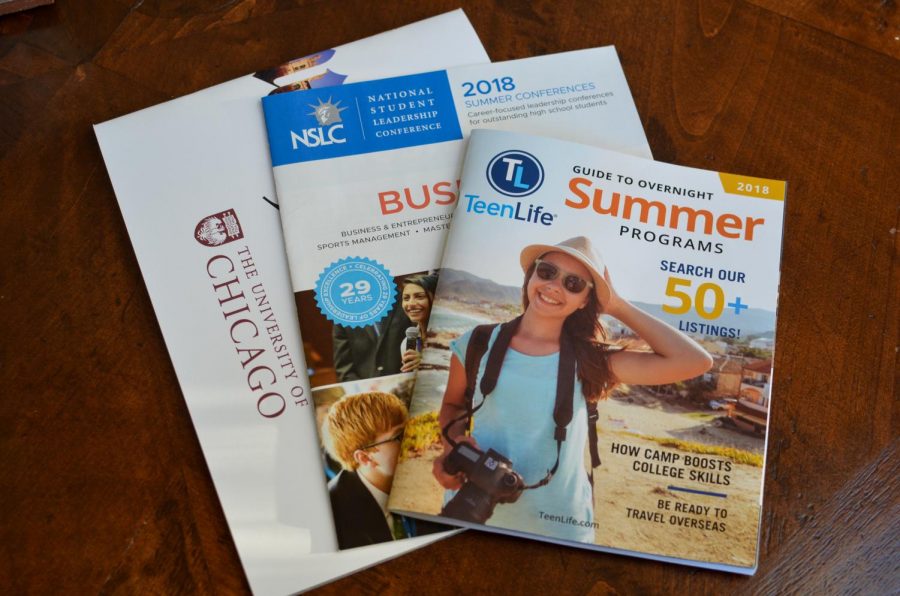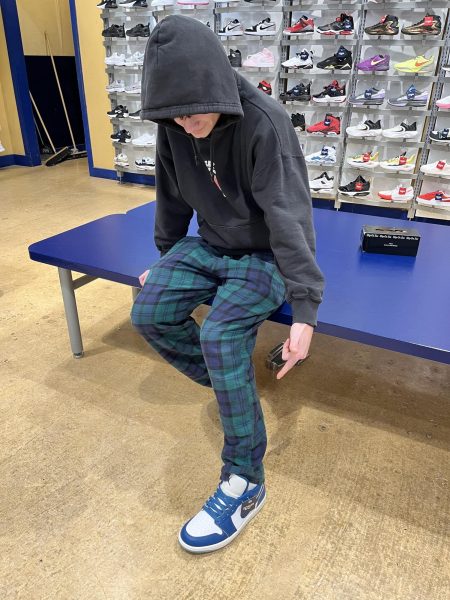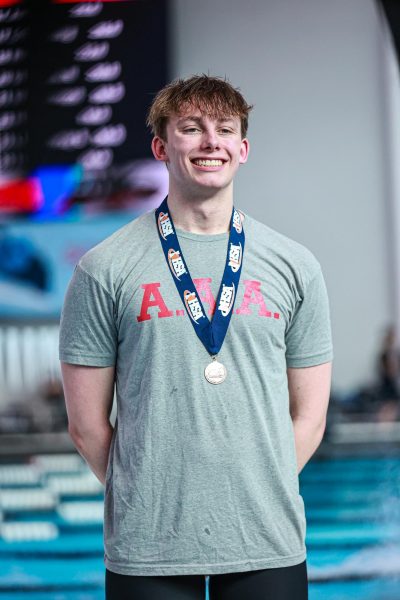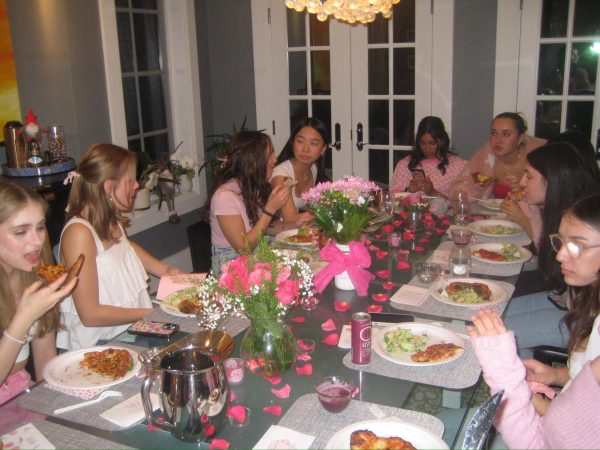Students scope out summer programs
Although summer is months away, students have already begun to choose summer programs that fit their interests.
Summer is a time to relax and have fun, but also plan for the future. Staying overnight at a large college campus, there is much to see, much to learn, and much to experience.
Although summer is in nearly four months, some students have already signed up for summer programs pertaining to their intended career.
Many summer programs are offered at colleges in order to give high school students the college campus feel.
“I went to a three-week summer program at UCLA last summer,” said Ambika Sharma, junior. “My friend from California did a program at University of Michigan called Summer Discovery, and it inspired me to do the same thing at UCLA because I would love to go there.”
In order to prepare for life in college and a career, many students enroll in summer programs pertaining to their intended major or future career.
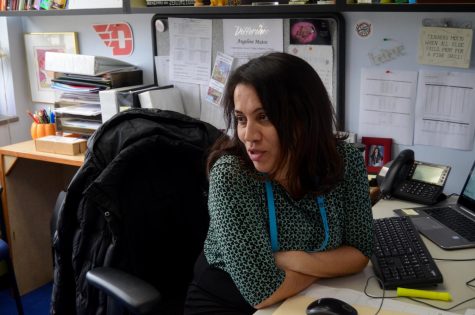
Ms. Matos, guidance counselor, advises students to pick summer programs that fit their intended career path.
“I recommend that students take [summer programs] in their area of interest, not just to inflate their resumes,” said Ms. Angeline Matos, guidance counselor. “If they are interested in going into business, then why not do an internship with an accountant or something along those lines. If they are interested in medicine, then do an internship shadowing a doctor or something within that area.”
Summer programs are not strictly for learning, but also for experiencing new situations and meeting new people.
“I loved [the summer program I did],” Sharma said. “I got to meet people from all over the world, and I got to spend my summer like a college student which was so much fun.”
Not only are there summer programs for future careers and majors, but there are also trips to be taken directly through the school.
“This summer, the Earth Science teachers and some other science teachers are organizing a trip to Hawaii,” said Mr. Daniel Scheldrup, science teacher. “We are going to go out to the big island, look at some of the volcanic features, and go up to the observatory at the top to be able to see what kind of programs they have for looking at stars. We also are going to look at some of the beaches they have and look at what kind of the sand they have depending on what the composition of the volcanic eruption was.”
There are advantages to these trips, one being that they allow students to apply what they have learned to real-world situations.
“It is interesting to learn about science when you’re sitting in a desk and taking a multiple choice test, but it is a lot more interesting when you get to actually see what you learn in real life,” Mr. Scheldrup said. “It takes the learning and makes it feel more real-world versus the question people always ask, being, ‘Why do I need to learn this, what is the point?’ You can actually see what it is all about.”
To learn more about summer programs, visit the Guidance Office and pick up a copy of the “2018 Guide to Overnight Summer Programs”.
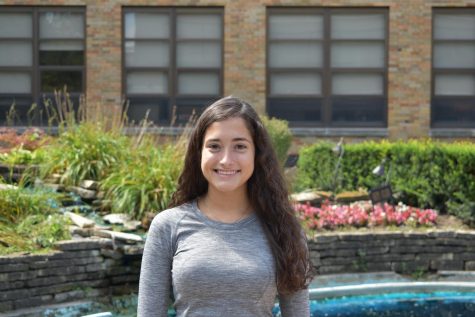
Michalea Halikias is a senior who can often be found shopping online, listening to music, or hanging out with her friends. She loves watching Master Chef,...



